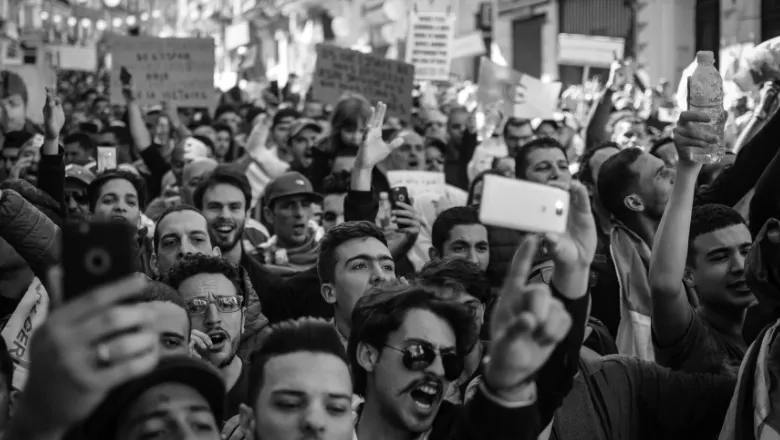The pandemic has made it easier for traffickers to control individuals, because the exploitation takes place online in a closed environment. And whilst traffickers are becoming better at how they use online technology, those combating trafficking have not become so sophisticated.
Parosha Chandran, Professor of Practice in Modern Slavery
27 October 2021
Current pressures affecting human rights examined in new law podcast series
The Verdict podcast returns this autumn, exploring the ideas and issues surrounding some of the most pressing human rights issues facing society today, prompting questions about policy, regulation and legislation.

The new five-part season, produced by The Dickson Poon School of Law and hosted by Dr Anna Loutfi, features some of the leading experts and influencers shaping and implementing laws.
Conversations this season focus on the rapidly changing relationship between digital technology and human rights, as well as considering the impact of the pandemic on freedom and exploitation, particularly on vulnerable individuals.
COVID-19 and human rights
In the first episode, Adam Wagner, leading UK human rights barrister, and Specialist Advisor to the Joint Committee on Human Rights COVID-19 Inquiry, addresses the government's handling of the pandemic where individuals were stripped of basic freedoms. Having previously referred to the situation as 'a constitutional catastrophe', Adam explains his concern that ‘there is no obvious way to get freedoms back’.
In episode 5, Parosha Chandran, Professor of Practice in Modern Slavery and the UK’s leading human rights barrister, and Dr Anjali Mazumder, Theme Lead on AI and Justice & Human Rights at The Alan Turing Institute, identified a need for artificial intelligence (AI) to play a greater role in combatting modern slavery and human trafficking.
Regulation of the internet
Considering the changes that need to take place to create a safer online environment for all, Frederick Mostert, Professor of Practice in Intellectual Property Law, and his colleagues from the University of Amsterdam, Stockholm University, and the University of Nevada, introduce the Aequitas Project - their vision for a new human rights charter - across episodes two and three.
The penultimate episode deals with the enforcement of such regulation. Frederick Mostert joins a panel of experts from UK and US governmental security bodies, including Steve Francis, Director US National IPR Coordination Center in US Department of Homeland Security, Peter Ratcliffe, Detective Superintendent at City of London Police and Alex Urbelis, Senior Counsel with international law firm Crowell and Moring. Together, they discuss the growing challenges faced in law enforcement, as 'hackers’ continue to commit cyber fraud, attacking key infrastructure, stealing data, and selling illicit goods online.
The podcast will be released weekly on Wednesdays from 27 October 2021.
Listen now on Anchor FM, Spotify, Apple Podcasts, Stitcher and Breaker.



